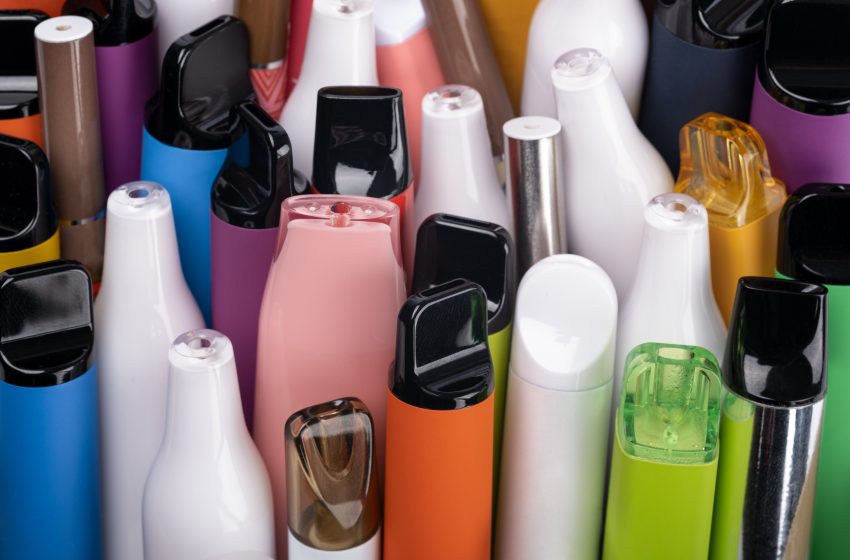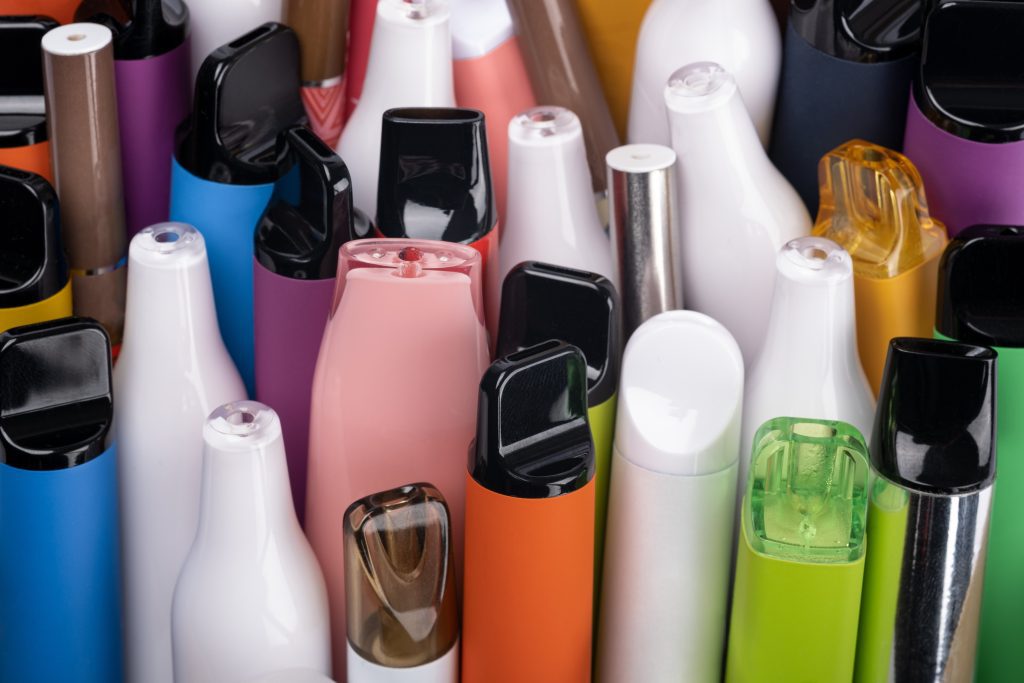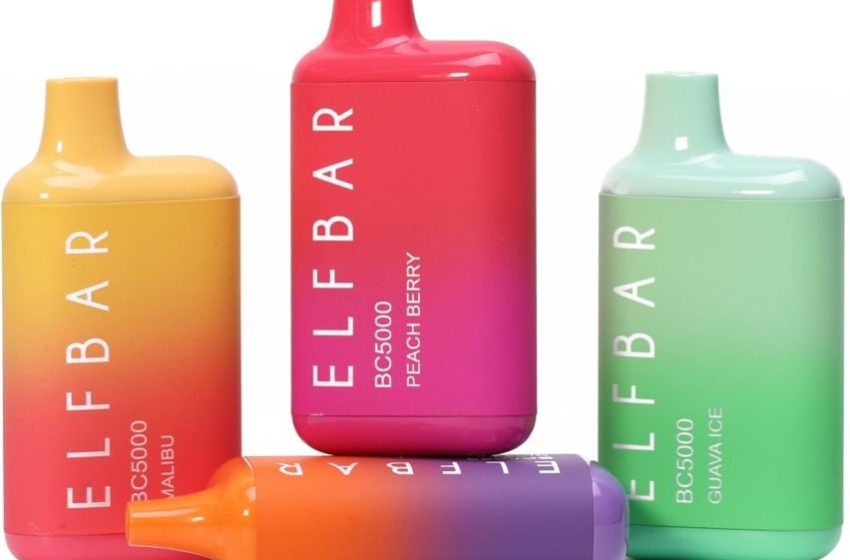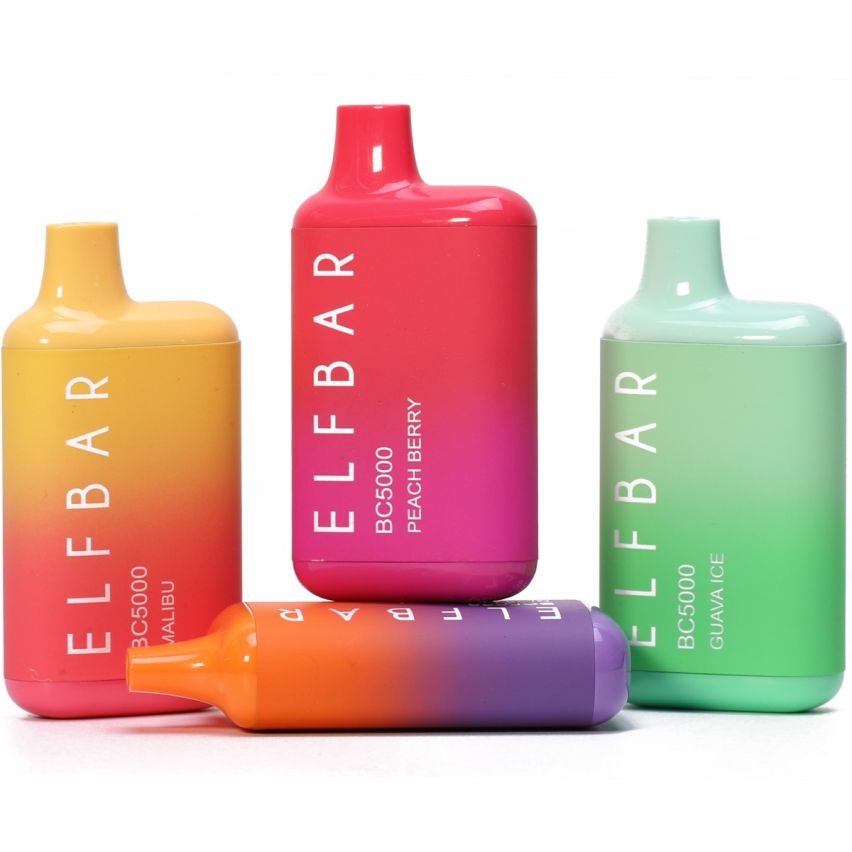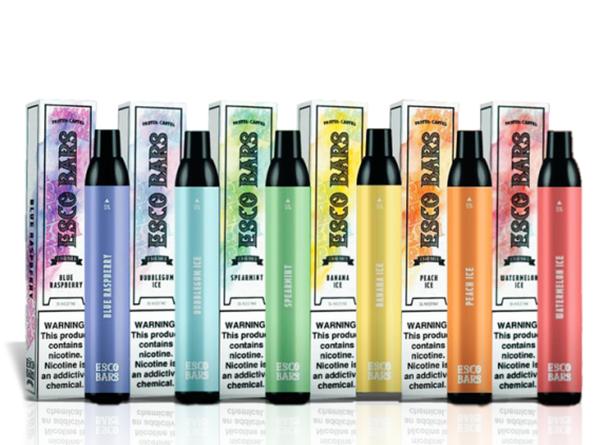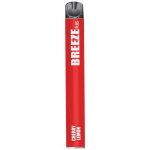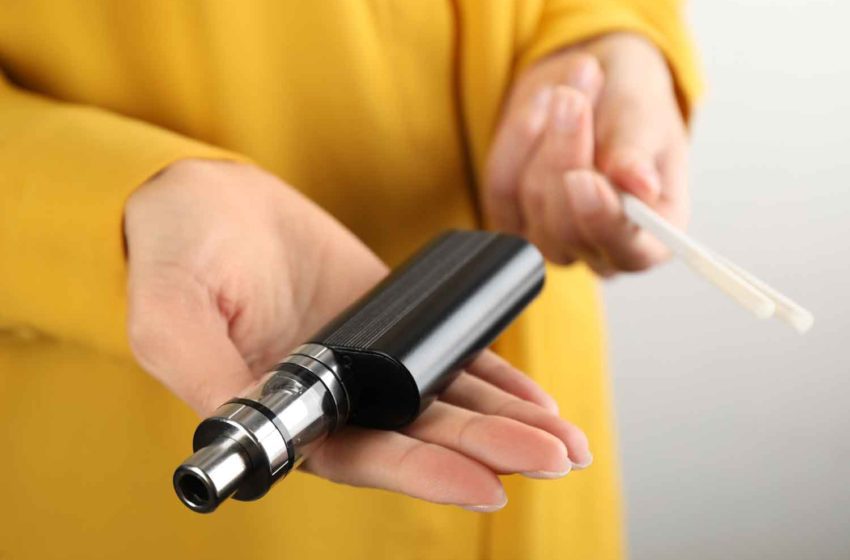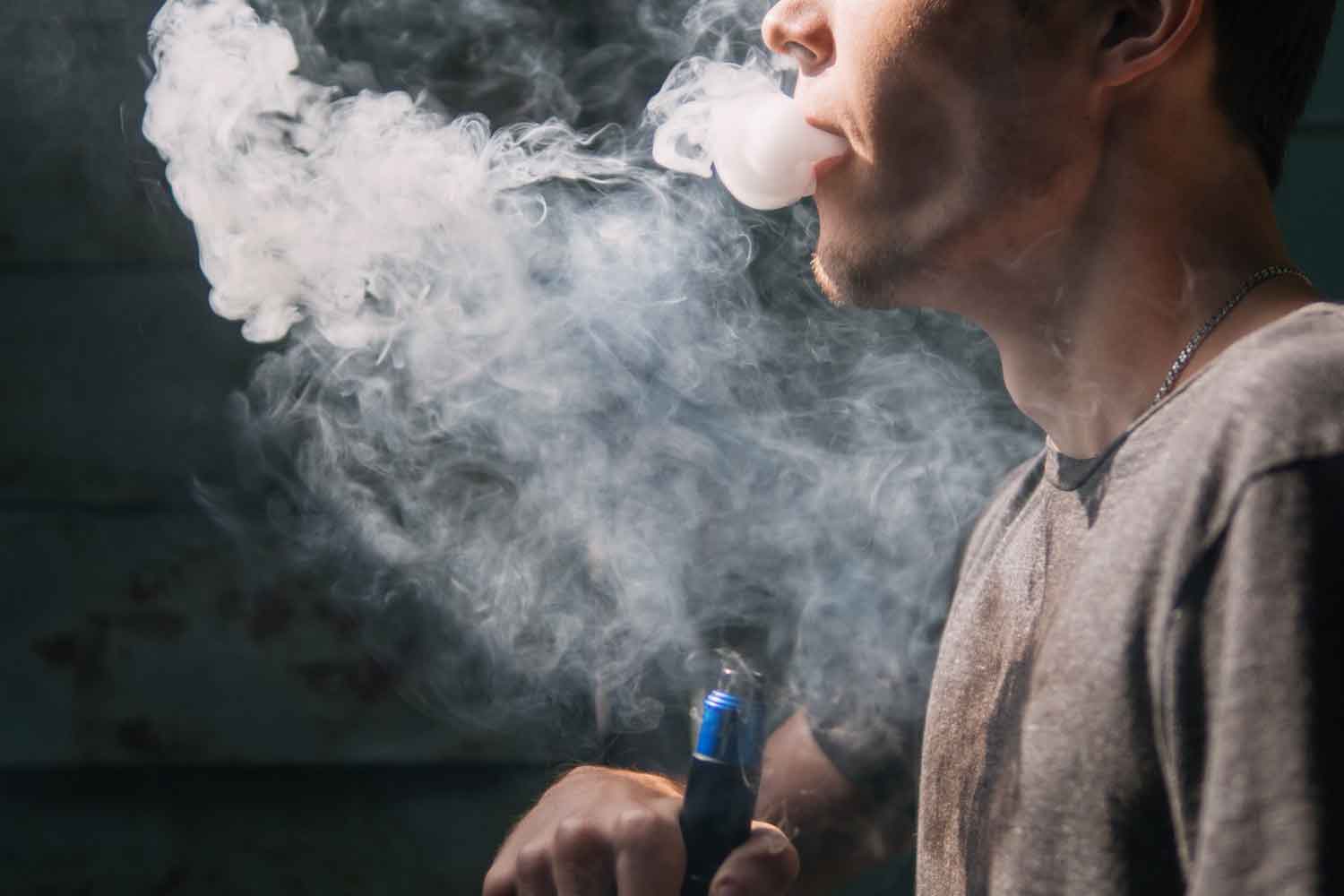
A former health secretary in Hong Kong on Sunday said it is not ideal for the government to allow e-cigarettes to be re-exported via the Special Administrative Region of the People’s Republic of China.
A ban on alternative smoking products came into force in the SAR in April last year.
But there was an exemption for re-export via air cargo and the authorities want to extend this to sea-to-air and land-to-air shipments, to support the logistics sector.
Former Secretary Sophia Chan said such a move would be risky, especially with Hong Kong aiming to further reduce its smoking population from the current 9.5 percent to 7.8 percent.
The Council on Smoking and Health said earlier that a relaxation regarding re-exports would inevitably increase the diversion of such products into the community and significantly weaken the effectiveness of the city’s ban on alternative smoking products, according to RTHK.
“The process to fully ban e-cigarettes and heated tobacco products was difficult, but we did it. The main reason we did it was to reduce the risk,” said Chan.
“On the one hand, we understand the government needs to boost the economy after the pandemic. But on the other hand, we should push ahead with tobacco control efforts for people’s health and to reach the 7.8 percent goal in 2025.”


